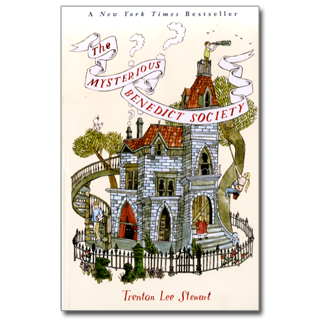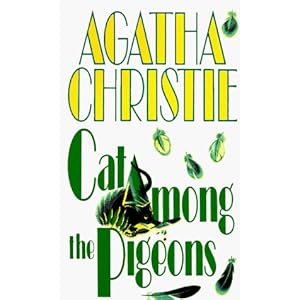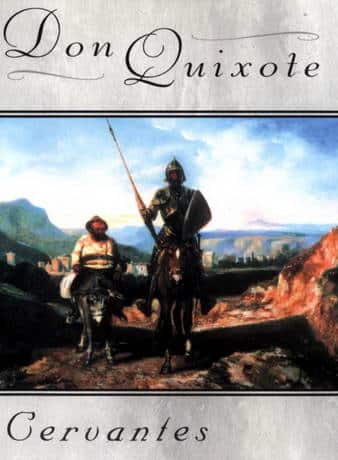
It started out slowly and gained speed as it went along, becoming an exciting tale of espionage. It follows the adventures of one Peter Gudge, whom I can describe as nothing more than a bum, as he by happenstance becomes a spy for big business in "American City" in an attempt to root out Communism.
I don't particularly care for the style of Mr. Sinclair, and though it is an interesting story, I personally cannot stand that knavish poltroon the writer calls his protagonist. If my words have not served enough already to sufficiently describe him, I will add to his squalor and pusillanimity that he is caddish, cavalier, greedy, and insufferably stupid.
I personally enjoyed the book for the reason that I was interested in reading of the Red Scare of 1917-1920. If that is your curiosity, this is a great read. If you have no regard for the subject, I suggest you withhold your regard from this novel.

What do you get when you cross a yellow teddy bear with a bullet in the head? . . . You get A. A. Milne.
In the days before Winnie-the-Pooh, the creator of the iconic character of children's literature wrote a detective story of the most classical caliber. Written 1922, it followed all the rules and traditions of the genre--the rules, at least, of that particular period--in a most tasteful murder mystery.
He created a very pleasant character in his sleuth, Tony Gillingham, a sort of knight-errant in his own right. The mystery was clever but a little simple; but my greatest complaint is not toward the author, rather toward the time. This was written just before the dawn of the Golden Era, during a period when it was not altogether uncommon for a mystery to supply only one suspect who, lo and behold! turns out to be guilty. In spite of this, Milne successfully supplied us with a good twist at the end and a most entertaining and amusing read that makes the novel well worth reading.

I don't want to tell you what it's about, because that would spoil part of the fun of reading it. The plot is intentionally left a mystery for some chapters and therefore I will tell you only that it centers around four children who, in passing a series of strange tests, are chosen for a special task.
In style, tone, and even some ways in story does the author much resemble Lemony Snicket. The difference, however, lies in that while Snicket was a cynical, melancholy drudge who wrote meaningless stories that ultimately left the reader wishing he hadn't read them, yet (in my case) mysteriously tempted to read them again; Stewart writes to the same level of plot complexity and characterization without the unexplained enigmas, profuse ambiguities, and pointless woes. There is, indeed, a happy, conclusive ending that left me very much sated and content and eager to read more.
I will observe, if it was not already rendered clear, that this is a children's book; yet if you feel that matters, I refer you to that literary genius, C.S Lewis: "No reader worth his or her salt trots along in obedience to a time-table."
For what audience a book was written cannot encumber my enjoyment of a very well-written tale.

This is a classic story of love, music, mystery, adventure and a little madness. Not an uncommon thing in older works it starts out slowly with too great an emphasis on information, but soon picks up and brings us an exciting and heart-twisting tale about the Viscount Raoul de Chagny and the singer for whom his own heart croons dulcet ballads. I expected a mystery; but I got, and not to my disappointment, a very sweet romance.

Have I not said before that this estimable woman is the only and only true Queen of Crime? Maybe I have not; but I affirm it now.
The goings-on at the Meadowbank girls' school were enough to keep me constantly turning pages, but when you integrate with surprising incongruity a revolution in a Middle Eastern country and the activities of British espionage, you get the type of imbroglio that makes Agatha Christie famous.
This, however, does not earn a rank, in my opinion, among her best novels. The ending--I will say nothing more!--disappointed me in some ways, though in others I was shocked and thoroughly satisfied by the brilliance of the authoress.
I shall merely say that any Agatha Christie is worth reading, and that you must judge the denouement in your own opinion.
Last but not least, the current quest upon which I have embarked:

Most people--especially these days!--would look at a book of this length and this antiquity and suspect it of being dry and vapid. Especially after reading Phantom of the Opera, this is rather what I was inclined to expect.
But I have been proved very tidily wrong. Cervantes's language (as translated into ours) is brilliantly colorful, and though there are touches of blandness and prolix digression to his storytelling, he has a style so engaging, a mind so clever, and a story so well worth telling that it does not matter.
Ormbsy I have heard criticized on count of adhering too closely to the words of Cervantes. That is precisely what I wanted, and that is why I chose his translation over others, never mind its status of being the classic and most renowned.
As I write I have only worked my way up to the tenth or eleventh chapter. I am enjoying it eminently thus far, and I will give you my overall thoughts when the time comes that I have done with the novel.
Now let me tell you a little of the long-time desire I have had to read this book. I was first struck most starkly by this urge very near to a year ago, very probably in the early weeks of the month of September, if not the late ones of August. It has been a mere matter of procrastination that has kept me from its pages this long, and there would be no interest in the telling of that portion of the story. But for years, before I had ever even heard of the illustrious Don Quixote, I have had a high admiration for him. This esteem comes from those beautiful words immortalized for ever in the lyrics of To Dream the Impossible Dream. Since I first heard it the song has held a special place in my heart, and especially in the past year has it become a source of great inspiration to me. I have, in fact, used these words and this song as the base for two novellas: Stellar Quest and a piece of Neopets fan fiction, The Gestes of Donovan Kachote. No song has ever meant quite as much to me as this one; no words more than these--and I hope that, have you not heard the song before, that you will look it up now, and that the lyrics may touch you as they have touched me:
To dream the impossible dream
To fight the unbeatable foe
To bear with unbearable sorrow
To run where the brave dare not go
To right the unrightable wrong
To love pure and chaste from afar
To try when your arms are too weary
To reach the unreachable star . . .
Sincerely, Nuile: Lunatic Wordsmith



3 Comments
Recommended Comments